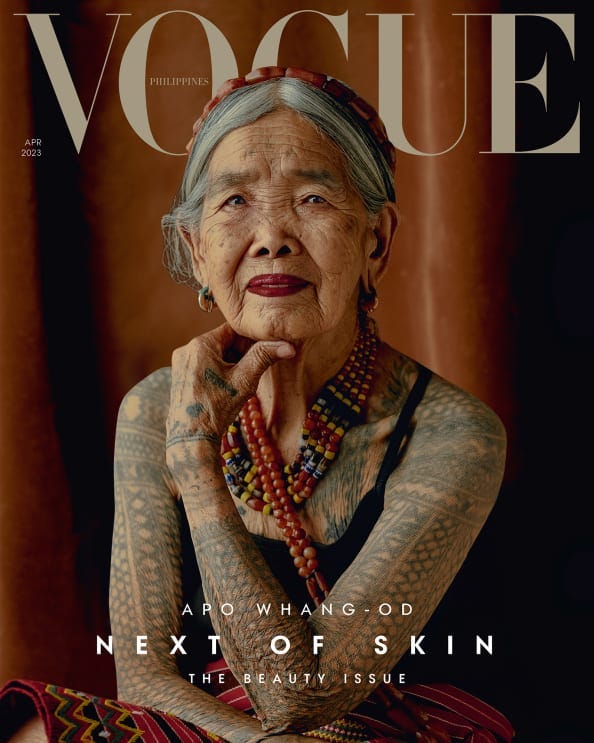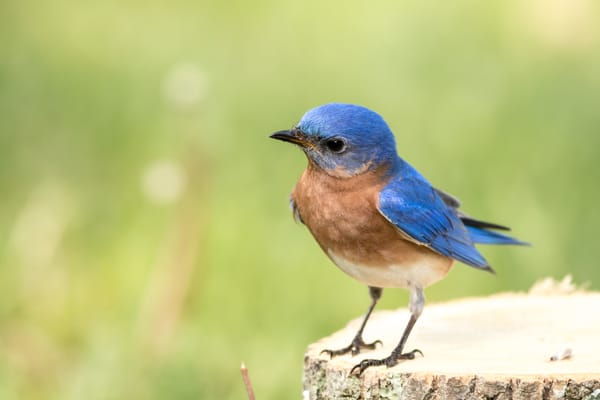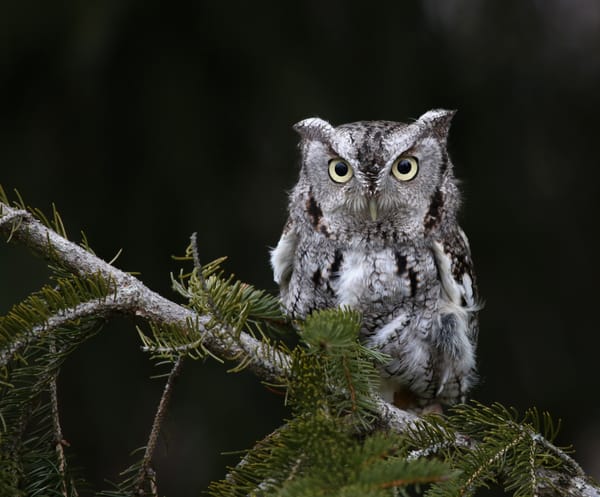What's Good?
Bread pudding for breakfast, and other stories
What's good? Well, for one thing, the banana bread pudding I made this week, a portion of which I just had for a mid-morning snack. (I can't even call it a "second breakfast," as I've already eaten that too.) It wasn't made from banana bread, just regular ol' bread cubes. I usually slice up almost-stale bread and stick it in the freezer, and I had a quart-size bag that'd been in there for a while. The options: stuffing or bread pudding, and I chose the latter. I made it using Mark Bittman's recipe, but added a frozen banana — yeah, I stick overripe bananas in the freezer too — to the milk and butter mixture, along with half a cup of walnuts. It was — and Kin will back me up on this — the best bread pudding I've ever made.
Despite being a "dessert," bread pudding is awfully similar to french toast, and as such a perfectly acceptable breakfast item. To me at least, but honestly I have very few rules about this sort of thing. Breakfast is a meal — or two or three meals depending on how hungry I am in the morning — designated by the clock, not the menu. It's anything you eat before noon, which doesn't have to be cereal or egg-on-toast. If you want to give Cup Noodles new breakfast-flavored ramen a whirl, I won't judge. Much.
Elsewhere in "you do you [for breakfast], boo," "You Can Finally Try Starbucks' New Olive Oil Coffee in the US — But Why Would You?" Bon Appetit asks.
The Washington Post wants you to consider how to make your healthy food choices more Instagrammable. Social media demands we perform "health"; other technologies, as The New York Times notes, are part of a push to engineer and "fine-tune" our personal lives in other ways, by, for example, adopting work-place tools to schedule and task-manage our leisure and home-life. This trend should be very familiar to those in ed-tech — learning management system, anyone? — but now this push for more data, more "organization," more efficiency permeates all aspects of our existence. I say "now," but actually there's a long history here — see Jill Lepore; see The Food Historian; and look for many essays on this topic here in the months to come.
The big story in the US sports world this week was surely the controversy over LSU forward Angel Reese's hand gesture towards Iowa Hawkeye guard Caitlin Clark. An inordinate amount of time is spent in the health and fitness worlds — in all aspects of a white supremacist society, to be sure, and hoo-boy, let's point to our educational institutions once again — policing Black women's bodies and defending white womanhood.
Elsewhere in fitness and sport (and technology): The NYT profiles triathlete Chelsea Sodaro and her struggles with mental health. Robots are coming for baseball pitchers. Robots are coming for food trend analysts. Robots are coming for RV travel planning. Some of this is certainly related to the story above and how some folks imagine a future where our personal lives are run like businesses. It's a future for some of us, at least — one where getting into a gym will be as hard as getting into college. Eye roll. Let's also unpack some of the elitism and whiteness in this one, eh: "Want to Improve Your Health? Research Suggests Taking a 'Nature Pill.'" That is, what version of “outside” counts as “nature,” and who has access to it? "Welcome to the senior fitness boom," MarketWatch announces. I feel seen.
And speaking of senior fitness, 106-year-old tattoo artist Apo Whang-Od is Vogue's oldest cover model. (I got a tattoo this past week, and it's beautiful and badass, but she has me beat by far.)

Yours in struggle,
~Audrey





